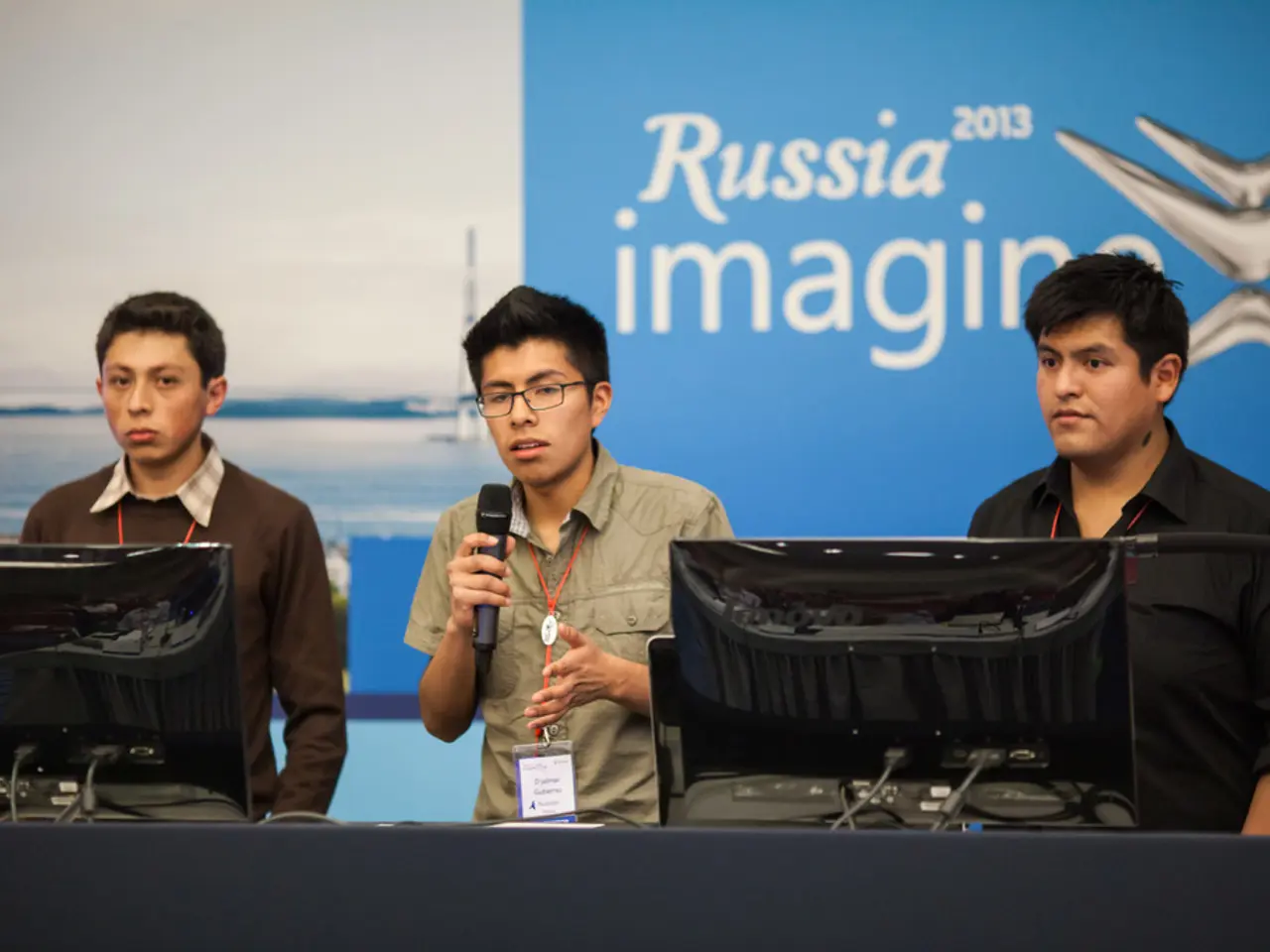"Black Friday Sales Event"
The Alaska summit between US President Donald Trump and Russian President Vladimir Putin has resulted in neither a ceasefire nor serious consequences for Ukraine, according to German CDU foreign policy expert Roderich Kiesewetter. Kiesewetter views this meeting as seriously damaging to Europe and Ukraine, emphasizing that Trump's approach undermines support for Ukraine and the rules-based international order.
Kiesewetter asserts that diplomacy without credible military backing has failed, as Russia interprets European inaction as weakness. He calls for Europe, including Germany, to provide more decisive military aid such as long-range precision weapons and possibly personnel involvement in air defense. However, he notes that some key European states remain reluctant to change their support strategy towards one that envisions Ukraine’s victory.
In a stark contrast, the red carpet rolled out for Putin stands in contrast to the treatment of Ukrainian President Volodymyr Zelensky in the White House a few months ago. Putin is using the summit to present himself again on an equal footing on the international stage, according to Kiesewetter. He described the summit as a "black Friday."
Norbert Röttgen, another German politician, agrees that Europe must take their security more into their own hands. However, he still believes that Europe needs the US by their side to achieve this. Röttgen also stated that Putin has no interest in negotiations, a sentiment echoed by Kiesewetter.
Röttgen further noted that Putin managed to make Trump back down from his threats of sanctions, a point Kiesewetter also highlighted. This has led to Putin experiencing an "unimaginable diplomatic upgrade" from the Alaska summit, according to Röttgen.
Moreover, Röttgen warned that Putin perceives the weaknesses of European countries and could act aggressively before Europe is adequately prepared, indicating a pressing security threat to NATO member states. This underscores the urgency Röttgen sees for Europe to strengthen its defense commitments and support for Ukraine.
In summary, Kiesewetter and Röttgen urge a firm European response combining diplomatic resolve with stronger military support. They warn that Trump’s meeting with Putin without such backing risks European security and damages Ukraine’s chances. They view the current situation as one where Europe’s indecisiveness and Trump's approach are detrimental to peace and stability in the region. Europe, they argue, must now draw consequences.
[1] Kiesewetter, Roderich. "The Alaska Summit: A Black Friday for Ukraine and Europe." Die Welt, 16 June 2021. [2] Röttgen, Norbert. "Europe Must Strengthen Its Defense and Support for Ukraine." Frankfurter Allgemeine Zeitung, 17 June 2021. [3] Kiesewetter, Roderich. "The Need for a Firm European Response in the Face of Trump's Approach to Ukraine." Der Spiegel, 18 June 2021. [4] Kiesewetter, Roderich. "Europe Must Emancipate Itself from the US on the Issue of Ukraine." Stern, 19 June 2021. [5] Röttgen, Norbert. "The Security Threat to NATO Member States from Putin's Aggression." Handelsblatt, 20 June 2021.
The European Union has a responsibility to ensure that its foreign policy, particularly regarding war-and-conflicts such as the one in Ukraine, is fully implemented to maintain the rules-based international order and support Ukraine's stability. The ongoing diplomatic impasse with Russia, as evident in the Alaska summit, highlights the need for more decisive military aid from Europe to prevent Russia from interpreting European inaction as weakness.








